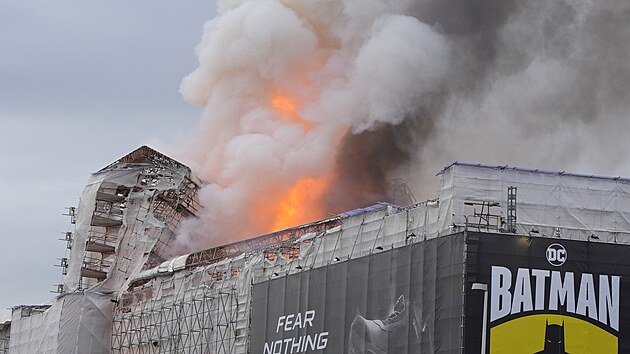Sokolovská uhelná will lodge a complaint with the Czech Anti-Monopoly Office (ÚOHS) and the European Commission against the state-controlled power utility ČEZ for abusing its dominant position on the market to manipulate coal purchasing prices, the mining company’s CEO František Štěpánek told the daily Hospodářské noviny last week. ČEZ now says it too has asked ÚOHS to find way forward.
ČEZ announced this week that it recognizes the difficulties Sokolovská uhelná faces and that, in order to reach a mutually satisfactory compromise, the utility had requested ÚOHS to independently assess its coal delivery contracts with the mining company. In terms of volume, Sokolovská uhelná is the smallest lignite mining company in the Czech Republic; so the question arises as to why the energy giant is being so uncharacteristically conciliatory toward the relatively non-influential mining company.
Unreliable partner?
Until last year, ČEZ was having problems with just one lignite supplier – Czech Coal — and let it be known to Sokolovská uhelná that they considered that company and its majority shareholder Pavel Tykač to be unreliable and even spoiling the ČEZ’s good relations with coal sector companies. ČEZ’s other major supplier, Severočeské doly, is 100-percent owned by the energy utility.
During 2010, however, there were major landslides in Sokolovská uhelná’s mine that, according to information circulating the markets, could result in the company losing dozens of millions of tons of coal. Moreover, this has resulted in the current drop in volumes of lignite extracted and consequently — insufficient supplies for customers. And because among Sokolovská uhelná’s customers ČEZ pays least for its brown coal, Štěpánek attempted to cut supplies to ČEZ the most.
Also last year, Tykač became the majority shareholder of Czech Coal and because he didn’t acquire his new shares in the company with borrowed money, he’s not under pressure to pay off debts by pushing for higher extraction quotas and selling coal at whatever price.
Under these circumstances, it was obvious that the standoff and business dealings between ČEZ and Czech Coal would acquire new momentum, as would the conflict between the shareholders of Sokolovská uhelná, where Tykač is considered to be the financial partner of 30 percent shareholder Jan Kroužecký. For several years now, the other two major shareholders — Štěpánek and Jaroslav Rokos — have been in a protracted battle with Kroužecký.
The Environment Ministry will demand that Czech Coal deliver 60 percent of the coal it extracts from the Vršany mine in North Bohemia, near Most, to municipal heating companies — providers of central heating to apartment blocks and public buildings. Czech Coal inevitably objected, saying that the demand was unrealistic and unreasonable and would mean that the company would not be able to meet its contractual obligations to supply its customers, including state-controlled ČEZ. Would a state body really dictate to whom entrepreneurs are obliged to sell their goods? Tykač argued.
An unexpected ally
It was then that Sokolovská uhelná boss Štěpánek surprisingly came out in support of Czech Coal. “The condition of the ministry of environment for the Vršany mine marks a departure from the system in place. It can’t work,” he told Hospodářské noviny.
It became apparent that Sokolovská uhelná and Czech Coal could quickly become natural allies, despite the antagonism between Štěpánek and Tykač: After all, a rise in the price of lignite is in the interests of both firms and they share the same adversary — ČEZ.
Heating providers to pay the price
ČEZ must have noted Sokolovská uhelná’s new position toward Tykač’s Czech Coal. And this is the probable explanation for the conciliatory reaction by ČEZ to the media attack by Sokolovská uhelná.
“ČEZ recognizes the difficulties [faced by] the company Sokolovská uhelná caused by landslides, which is complicating its fulfillment of long-term contracts for the delivery of coal,” the utility said in a March 22 press release. “ČEZ is prepared to reach an agreement with its supplier and help it resolve the difficult situation.”
There will yet be significant maneuvers in the great game between ČEZ, Czech Coal and Sokolovská uhelná, which will be most interesting to observe. It is certain that Czech Coal and Sokolovská uhelná will consolidate their new-found allegiance and cooperate closely. ČEZ will then compromise with them and agree to pay higher prices for their coal. Consequently, municipal heating companies will be worse off: Lignite prices will rise meaning prices of heat for end consumers will also rise; profit margins will fall; and many customers will opt for alternative sources of heating, resulting in a decline in the municipal heating sector.





